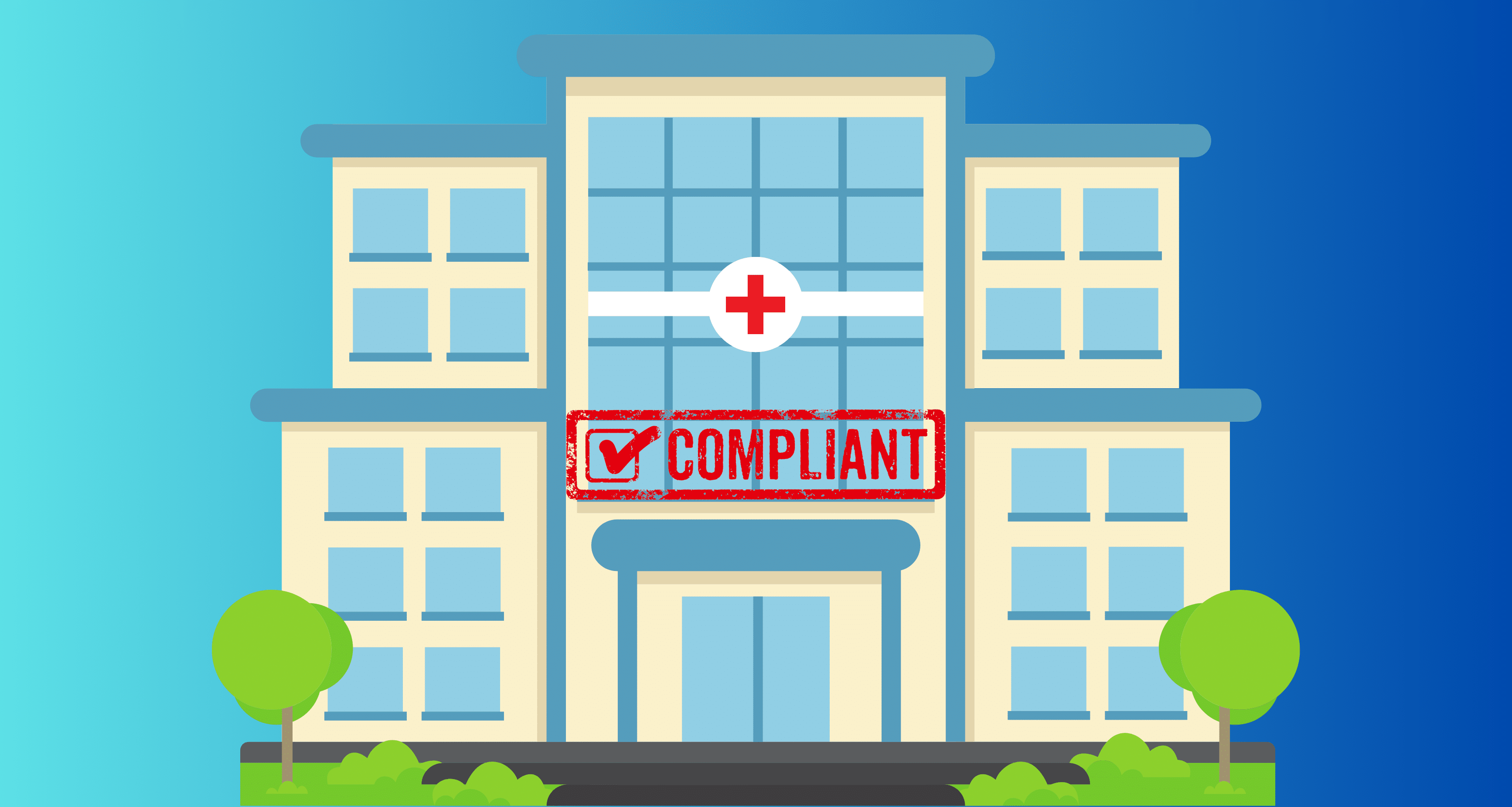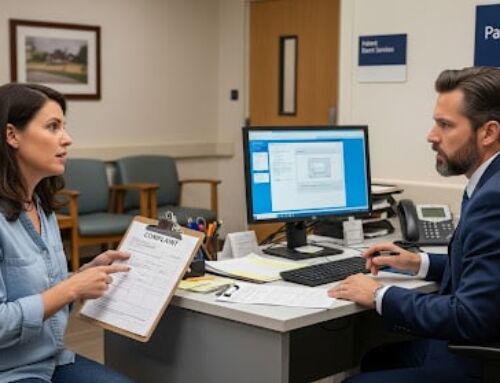
In today’s technologically advanced world, the protection of sensitive patient information is of utmost importance. Hospitals play a crucial role in maintaining the privacy and security of this data, as they are entrusted with valuable medical records.
Hospitals must adhere to the Health Insurance Portability and Accountability Act (HIPAA) regulations to ensure patient confidentiality. Failure to comply with HIPAA guidelines can result in severe penalties for hospitals. Let’s delve into hospital HIPAA compliance, explore the implications of non-compliance, examine the challenges posed by shared hospital rooms, and outline the requirements for hospital networks.
Understanding Hospital HIPAA Compliance
HIPAA compliance refers to a set of rules and standards that healthcare providers must follow to protect patients’ health information. The primary objective is to maintain the privacy and security of electronic protected health information (ePHI). Hospitals are responsible for safeguarding patient data from unauthorized access or disclosure. Non-compliance can lead to significant financial penalties and reputational damage.
To ensure compliance within hospitals, it’s important to implement administrative, physical, and technical safeguards.
1. Administrative Safeguards
Hospitals should designate a privacy officer responsible for developing and implementing policies and procedures related to HIPAA compliance. Regular staff training on privacy practices, security awareness, and incident response protocols are also essential.
2. Physical Safeguards
Access controls, such as restricted areas with swipe cards or biometric authentication, must be implemented to prevent unauthorized physical access to ePHI. Additionally, measures like secure storage areas for hardware containing patient data help mitigate the risk of theft or loss.
3. Technical Safeguards
Hospitals need robust IT infrastructure with encryption capabilities to protect electronic health records from unauthorized interception or alteration during transmission. Regular system audits and updates are vital to maintain the integrity and security of patient data.
4. Organizational Requirements
Hospitals must have business associate agreements (BAAs) in place when working with external vendors who handle ePHI on their behalf. These agreements establish responsibilities and obligations regarding data protection.
The Implications of Non-Compliance
Hospitals failing to meet HIPAA compliance requirements face severe consequences. The Office for Civil Rights (OCR), which enforces HIPAA, has imposed substantial fines on organizations found guilty of violations. Monetary penalties can range from thousands to millions of dollars depending on the severity and duration of non-compliance. Such penalties not only impact a hospital’s finances, but also tarnish its reputation among patients who trust them with their confidential information.
HIPAA and Shared Hospital Rooms
Shared hospital rooms present unique challenges when it comes to maintaining HIPAA compliance. In these settings, multiple patients are placed within close proximity to one another, making it essential to protect each individual’s privacy while ensuring efficient care delivery.
To address this concern, hospitals must implement physical safeguards like curtains or partitions around beds to limit visual exposure between patients sharing a room. Staff members should be trained to communicate discreetly, ensuring that unintended recipients do not overhear sensitive information.
Meeting Hospital Compliance Requirements
Hospital HIPAA compliance is a fundamental aspect of modern healthcare that cannot be overlooked. It ensures patients’ trust in the confidentiality of their health information while protecting hospitals from legal consequences and reputational damage. By understanding the implications of non-compliance, addressing challenges associated with shared hospital rooms, and meeting the specific requirements for hospital networks, healthcare organizations can safeguard patient data effectively while providing quality care.
Compliancy Group’s healthcare compliance software simplifies the process of managing and tracking compliance efforts. The software gives you a snapshot view of your overall compliance readiness, provides task reminders, and stores all your documentation in one place. Ensure you have effective security risk analysis, policies and procedures, and staff training in your hospital.









